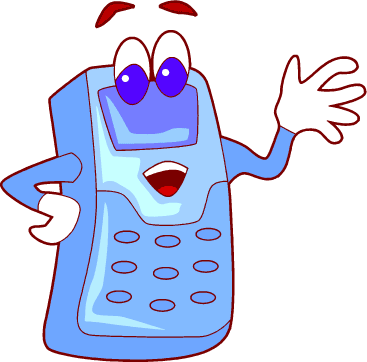
• Designate a safe place to keep and store your phone when not in use. For example, on a desk, bookshelf, or in a cabinet would be fine. Do not keep your phone stored in a purse or other closed container for extended periods of time unless it is powered off. Charging a mobile phone in a closed container is a potential fire hazard and may shorten its lifespan. Li-ion batteries (typical for most phones) give off heat when charged and when discharging.
• Take your phone with you whenever possible. Never let your phone leave your sight. Avoid lending your phone to others, even if done under your supervision, as accidents can and will happen once in a while.
• Keep your phone dry. Don’t talk on your cell phone while it’s raining, do not eat or drink near the phone, and avoid carrying it near open water (ie: a pond, the beach, or toilets).
• Turn off the ringer on your phone when you’re in a class, a lecture, a meeting, etc. Even in relatively every-day activities such as watching a movie in a movie theater, it is polite to keep your ringer on vibrate or turned off. The last thing you want to do is frantically try to turn off your ringer in these scenarios. Doing so risks accidentally dropping or damaging the phone.
• Clean your phone regularly. Use dry tissue paper or alcohol wipes to clean the phone’s exterior surfaces. Do not use water, baby wipes, or other cleaners that may inadvertently add moisture to your phone.
• Recharge your cell phone on a regular schedule. Some phones will last more than a week or more on a single charge (when not in use), while others may need to be charged every day or every other day. If you spend too much time talking on your phone, you can quickly use up your battery’s charge.